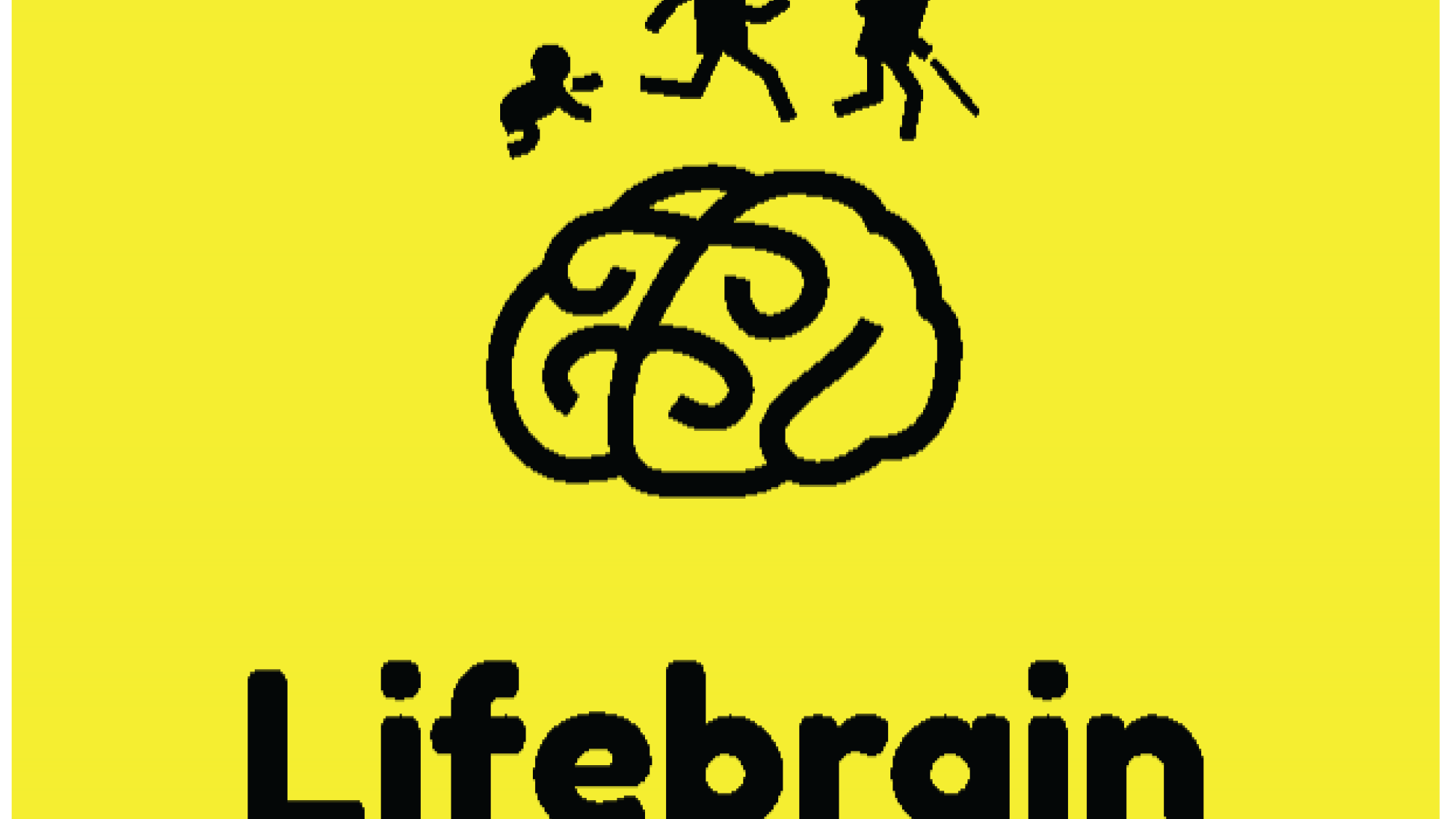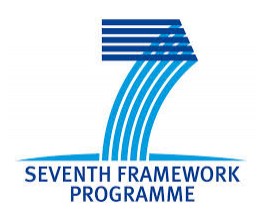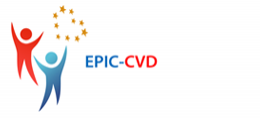Personalized nutrition: An integrated analysis of opportunities and challenges (FOOD4ME)
Vitas is a partner in the FP7 research program Food4Me organized by UCD, Dublin and having 24 partners in total. Vitas will supply kits for dried blood spot collection from 3800 individuals and perform the analysis of a number of biomarkers from these samples using state-of-the-art analytical methodology developed by Vitas.
Project website: www.food4me.org
About the project
The complete mapping of the human genome sequence in 2000 introduced the possibility of individualized medicine, including personalized nutrition. During this time the field of “nutrigenomics” emerged, which examines the relationship between food and gene expression. Many were hopeful about the ability to plan diet recommendations based on an individual’s genetic profile.
However, the promise of personalized nutrition has failed to develop as a commercial service, and matching dietary advice to genetic profiles has proven difficult. Some companies offer genetic mapping and health reports, but these services are often based on inaccurate information.
There is a need to comprehensively analyse the opportunities and challenges in the field of personalized nutrition. In addition, the fundamental question remains, “how can we best use our current understanding of food, genes, and physical traits to design healthier diets tailored for each individual?”
To address these concerns, Food4Me has gathered an international group of experts to survey the current knowledge of personalized nutrition, and to explore the application of individualized nutrition advice. The Food4Me project will also investigate consumer attitudes and produce new scientific tools for implementation.







